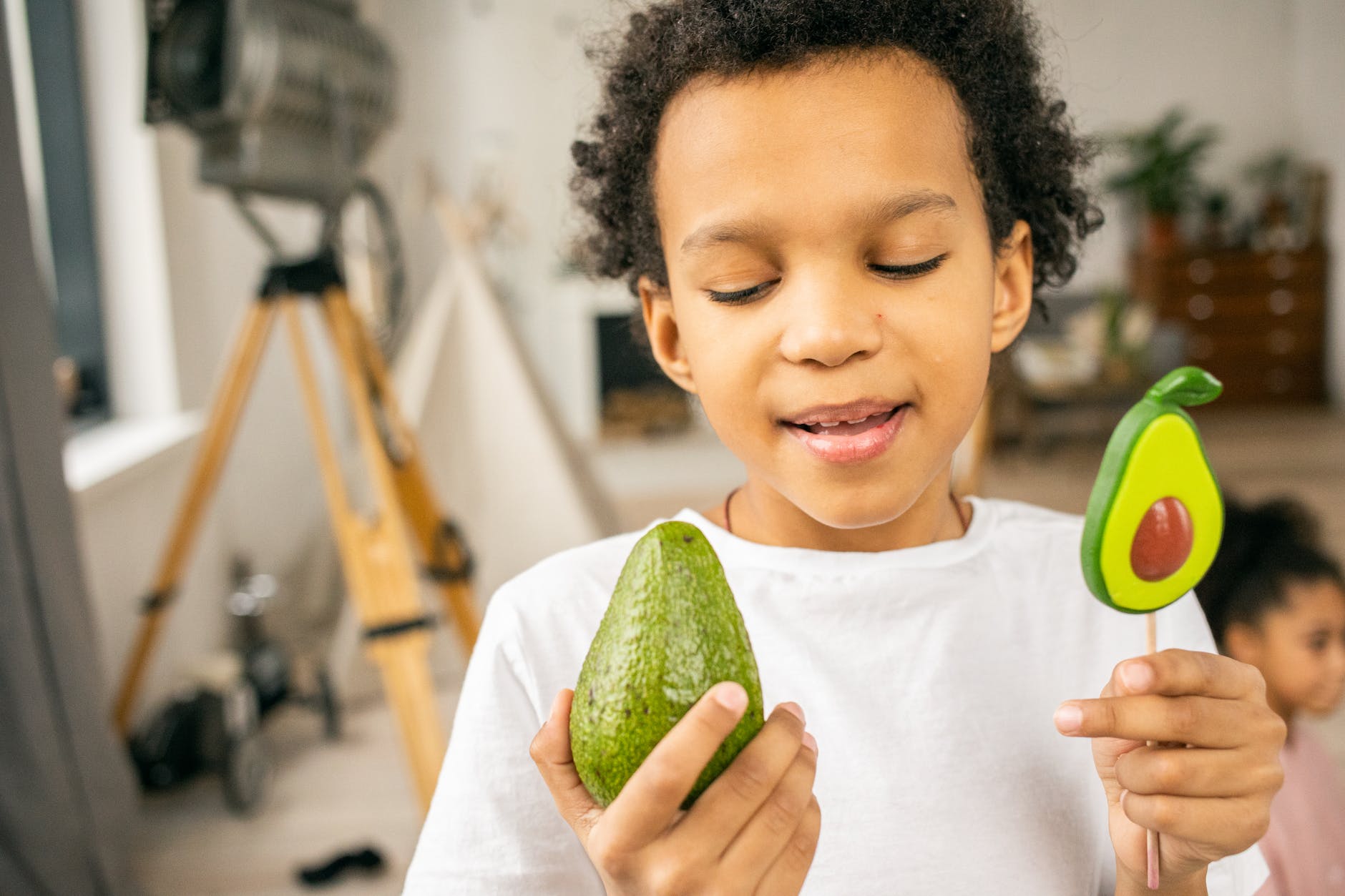Diabetes: Latino Kids May Develop Type 2 Diabetes Due To A High-sugar Diet


Diabetes: Latino Kids May Develop Type 2 Diabetes Due To A High-sugar Diet
In today's fast-paced world, where convenience often takes precedence over health, it's crucial to address the rising concerns regarding the health of Latino kids and their risk of developing type 2 diabetes. Research suggests that a high-sugar diet plays a significant role in the development of this chronic condition. In this article, Diabetes: Latino Kids May Develop Type 2 Diabetes Due To A High-sugar Diet, we will delve into the intricate details of this issue and provide valuable insights and recommendations to help you make informed choices for the well-being of your child. https://diabetescure4u.com/
Understanding the Impact of a High-sugar Diet
A high-sugar diet can lead to numerous health complications, with type 2 diabetes being a prominent concern. Latino kids, in particular, are at a higher risk due to cultural and dietary factors. The consumption of sugar-sweetened beverages, processed snacks, and sugary desserts has become increasingly prevalent, leading to excessive sugar intake and subsequent health problems.
The Link Between High-sugar Diets and Type 2 Diabetes
Medical studies have established a strong correlation between high-sugar diets and the development of type 2 diabetes. When children regularly consume foods and drinks with high sugar content, their bodies experience a surge in blood glucose levels. Over time, this constant influx of sugar can lead to insulin resistance, a key precursor to type 2 diabetes.
Cultural Influences and Dietary Habits
The Latino community often places great importance on traditional foods and cultural celebrations that involve sugary treats. While these customs are deeply rooted in heritage and bring communities together, it's essential to strike a balance between cultural significance and healthy choices. By adopting a mindful approach and modifying recipes to reduce sugar content, families can preserve their traditions while safeguarding their children's health.
Promoting Healthier Alternatives
To mitigate the risk of type 2 diabetes in Latino kids, it is crucial to introduce healthier alternatives to high-sugar foods and beverages. Encourage the consumption of fresh fruits, vegetables, whole grains, and lean proteins. These nutrient-rich options not only provide essential vitamins and minerals but also contribute to overall well-being.
Educating Children and Parents
Education plays a vital role in preventing and managing type 2 diabetes. Empower children and parents with the knowledge to make informed decisions about their dietary choices. Organize workshops, seminars, and community events to raise awareness about the potential consequences of a high-sugar diet. By providing accessible information and resources, we can equip families with the tools they need to lead healthier lives.
Engaging in Physical Activity
Regular physical activity is key to maintaining a healthy lifestyle and reducing the risk of type 2 diabetes. Encourage children to participate in activities they enjoy, such as sports, dance, or outdoor games. By making exercise fun and engaging, it becomes a natural part of their routine, promoting lifelong habits of physical well-being.
Seeking Professional Guidance
In cases where a child is at a higher risk of developing type 2 diabetes, seeking professional guidance is paramount. Healthcare providers, nutritionists, and dietitians can offer personalized advice tailored to individual needs. They can assist in creating meal plans, monitoring blood sugar levels, and establishing healthy habits that will benefit the child's long-term health.
Conclusion
As we strive to address the alarming rise in type 2 diabetes among Latino kids, it is essential to recognize the impact of a high-sugar diet and take proactive steps towards prevention. By embracing healthier food choices, fostering cultural traditions in a balanced manner, and promoting an active lifestyle, we can ensure a brighter and healthier future for our children.
Remember, the journey to a healthier life begins with informed choices and small but impactful changes. Together, we can empower our Latino communities and protect the well-being of our beloved children.


